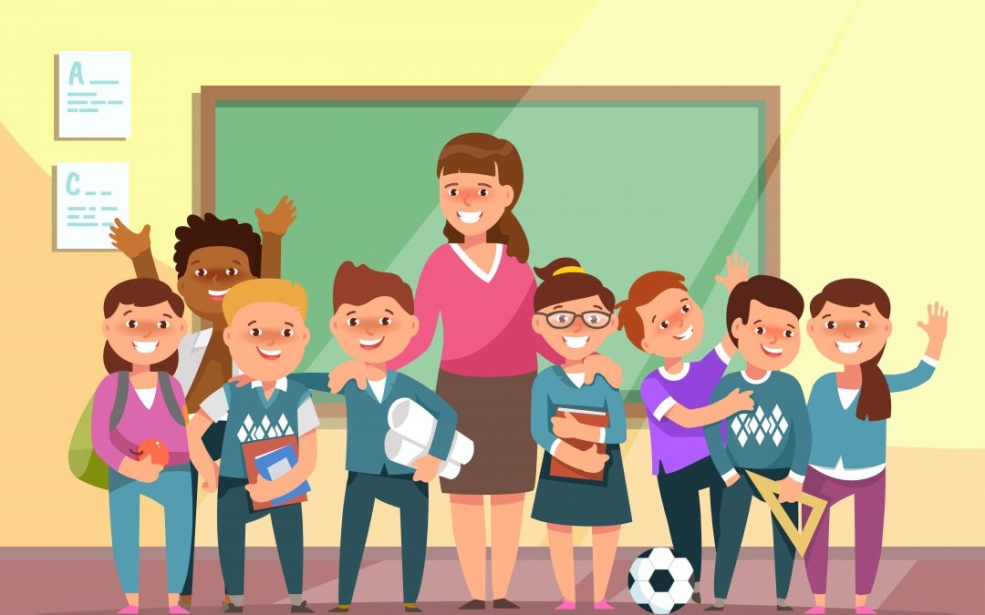Introduction:
Education is the cornerstone of human progress, serving as the catalyst for personal growth, societal advancement, and economic prosperity. Throughout history, education has played a pivotal role in shaping individuals’ lives, fostering critical thinking skills, and empowering communities. In this article, we’ll explore the evolution of education, its importance in today’s society, and the transformative impact it has on individuals and societies worldwide.
The Evolution of Education:
Education has undergone significant evolution over centuries, adapting to the changing needs and dynamics of society. In ancient civilizations, education was often reserved for the elite classes, focusing on subjects like philosophy, mathematics, and rhetoric. Formalized systems of education emerged in ancient Greece and Rome, laying the foundation for modern educational institutions.
During the Middle Ages, education was largely centered around religious institutions, with monasteries and cathedral schools serving as centers of learning. The Renaissance period saw a resurgence of interest in classical learning, leading to the establishment of universities and the widespread dissemination of knowledge.
The Industrial Revolution brought about a paradigm shift in education, as societies recognized the need to educate the masses to meet the demands of an increasingly industrialized world. The advent of compulsory schooling laws and the expansion of public education systems marked a significant milestone in democratizing access to education.
In the 20th century, advancements in technology and communication revolutionized education once again, paving the way for distance learning, online education, and digital classrooms. Today, education is more accessible and inclusive than ever before, with a focus on lifelong learning and skills development to adapt to the challenges of the 21st-century global economy.
The Importance of Education:
Education is a fundamental human right and a powerful tool for personal and societal transformation. Here are some key reasons why education is essential:
Empowerment: Education empowers individuals to reach their full potential, equipping them with the knowledge, skills, and confidence to pursue their goals and aspirations. By providing access to quality education, societies can unlock the talents and abilities of their citizens, driving innovation and progress.
Economic Development: Education is closely linked to economic development and prosperity. Studies have shown that countries with higher levels of education tend to have stronger economies, higher levels of productivity, and greater income equality. Investing in education leads to higher employment rates, increased earning potential, and enhanced social mobility.
Social Cohesion: Education plays a crucial role in fostering social cohesion and harmony within communities. By promoting tolerance, empathy, and understanding, education helps break down barriers and bridge divides, creating a more inclusive and equitable society.
Health and Well-being: Education is closely linked to improved health outcomes and overall well-being. Educated individuals are more likely to make healthier lifestyle choices, seek preventive healthcare, and access higher-quality healthcare services. Education also empowers individuals to make informed decisions about their physical and mental health, leading to better outcomes and reduced healthcare disparities.
Civic Engagement: Education is essential for fostering active and engaged citizens who contribute to the democratic process and civic life. Educated individuals are more likely to participate in community activities, volunteerism, and political activism, leading to a more vibrant and participatory democracy.
The Transformative Impact of Education:
Education has the power to transform lives, communities, and entire societies. Here are some ways in which education can make a difference:
Breaking the Cycle of Poverty: Education is one of the most effective tools for breaking the cycle of poverty. By providing access to quality education, individuals can acquire the skills and knowledge needed to secure stable employment, lift themselves out of poverty, and create a better future for themselves and their families.
Promoting Gender Equality:
Education is a powerful tool for promoting gender equality and empowering women and girls. When girls are educated, they are more likely to marry later, have fewer children, and contribute to their families’ economic well-being. Education also helps challenge gender norms and stereotypes, creating opportunities for women and girls to pursue their dreams and aspirations.
Driving Innovation and Progress: Education is essential for driving innovation and progress in all sectors of society. Educated individuals are more likely to think critically, solve complex problems, and contribute to scientific, technological, and cultural advancements. By investing in education, societies can foster a culture of innovation and entrepreneurship, leading to sustained economic growth and development.
Building Resilience: Education plays a crucial role in building resilience and adapting to the challenges of a rapidly changing world. Through education, individuals acquire essential skills such as critical thinking, problem-solving, and adaptability, which are essential for navigating uncertain times and overcoming adversity.
Conclusion:
Education is the key to unlocking human potential, fostering economic prosperity, and building a more just and equitable world. As we continue to navigate the complexities of the 21st century, investing in education must remain a top priority for governments, policymakers, and individuals alike. By ensuring access to quality education for all, we can empower individuals, transform communities, and create a brighter future for generations to come.

